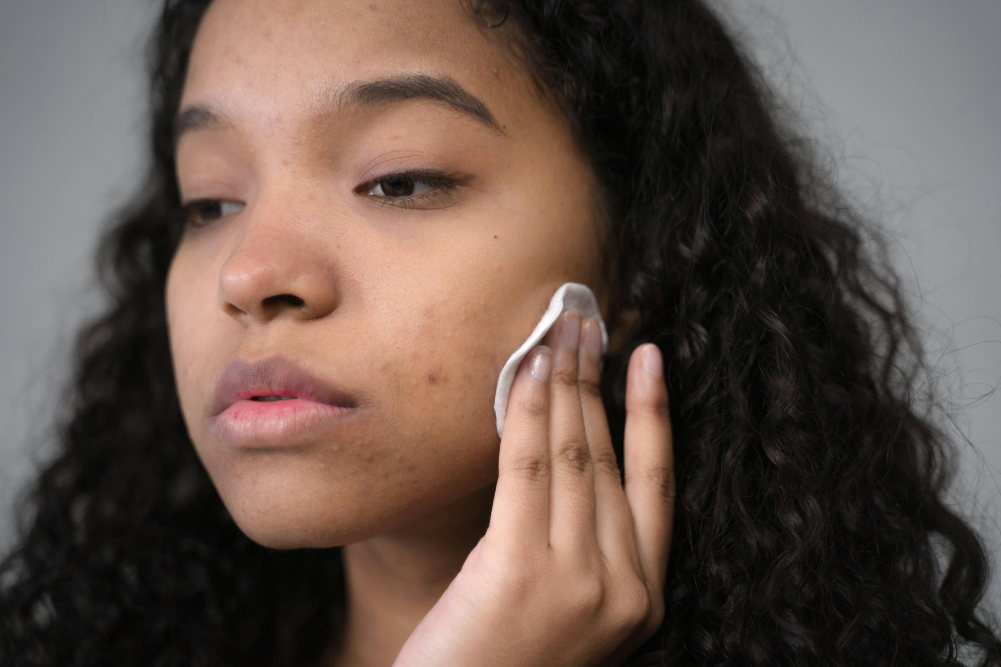Is your smartphone use affecting your children?
Emerging trends in digital technologies such as smart phones, tablets and wearable communication devices are becoming the norm for a majority of families.
Parents and children alike seem to be addicted to their devices.
While studies have been showing us how the use of digital devices affect adults, more studies have shown us how excessive use of digital devices impact children’s health and wellbeing. But few studies have shown us how parental use of digital devices affect children and their behaviour.
Researchers from the University of Michigan C.S. Mott Children’s Hospital (Mott) in Ann Arbor, and Illinois State University in Normal set out to examine this.
Previous studies have found a correlation between parental technology use and poor parent-child interaction, but for the first time, this study examines the effect on child behaviour.
The interference cause by technology on parent-child relation is coined as “technoference” by one of the researchers. Such interference may occur during face-to-face conversations or during routines such as mealtimes and playtimes. It refers to the perception of interruption one feels when another person interacts with digital technology during their time together and has even affected adult romantic relationships leading to conflict and poorer relationship satisfaction.
To examine the relationship between “technoference” and child behaviour, the researchers examined reports from 170 two-parent U.S. families, whose children were just over 3 years old, on average.
The researchers asked parents about the use of various digital devices and looked to see how these devices interrupted time spent with the family – from checking texts during dinner and playtime and other activities to conversations parents engage in with their children.
The researchers assessed parent digital technology use using a three-item self-report scale adapted from prior studies of problematic mobile phone use while perceived “technoference” in the mother–child relationship and in the father–child relationship was assessed through mother and father self-reports.
The researchers asked parents about the use of various digital devices and looked to see how these devices interrupted time spent with the family – from checking texts during dinner and playtime and other activities to conversations parents engage in with their children.
Parents were also asked to rate their children’s behaviours over the past two months and to report the numbers of times their children sulked, whined, showed signs of hyperactivity, were irritable and became easily frustrated.
After adjusting for various factors such as stress and depression in parents including income levels, level of education and quality of co-parenting, the study found that parents admitted that technology interfered with their interaction with children at least once a day.
Overall, most parents admitted that technology routinely interrupted their interactions with their children, at least once every day.
Furthermore, 17 per cent of participants reported that “technoference” occurred 1 time, 24 per cent reported 2 times, and 48 per cent reported 3 or more times of “technoference” on a typical day.
Only 11 per cent of the parents said that “technoference” did not occur.
The study further revealed that even low amount of “technoference” correlated with higher child behaviour issues such as oversensitivity, irritability, hyperactivity, whining and more child screen time.
The findings of this study draws light on growing dysfunctional relationships between parents and their children due to technology use and while parents may find it relaxing to get on their smartphones or tablets during family time, it is affecting children and how they feel and behave.
Perhaps parents need to set “no screen times” during which they can focus completely on their children and give them the time and attention they need to grow healthily and happily.
Source: Child Development.








